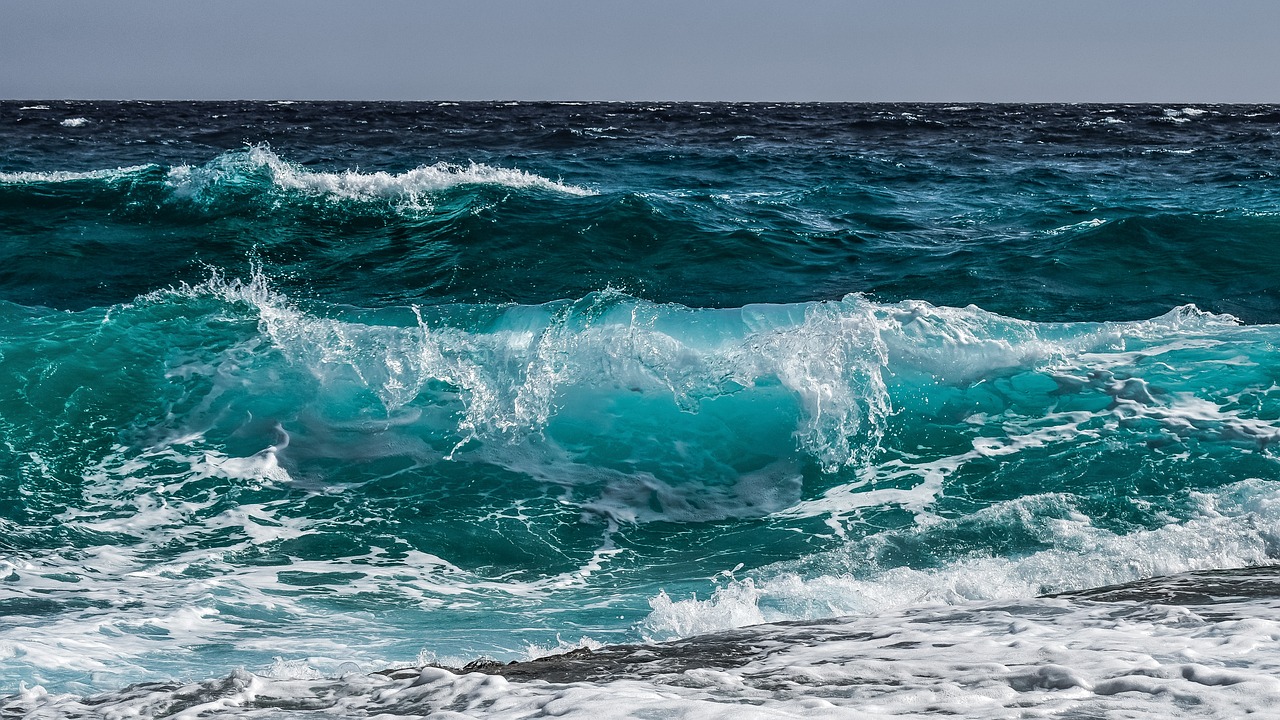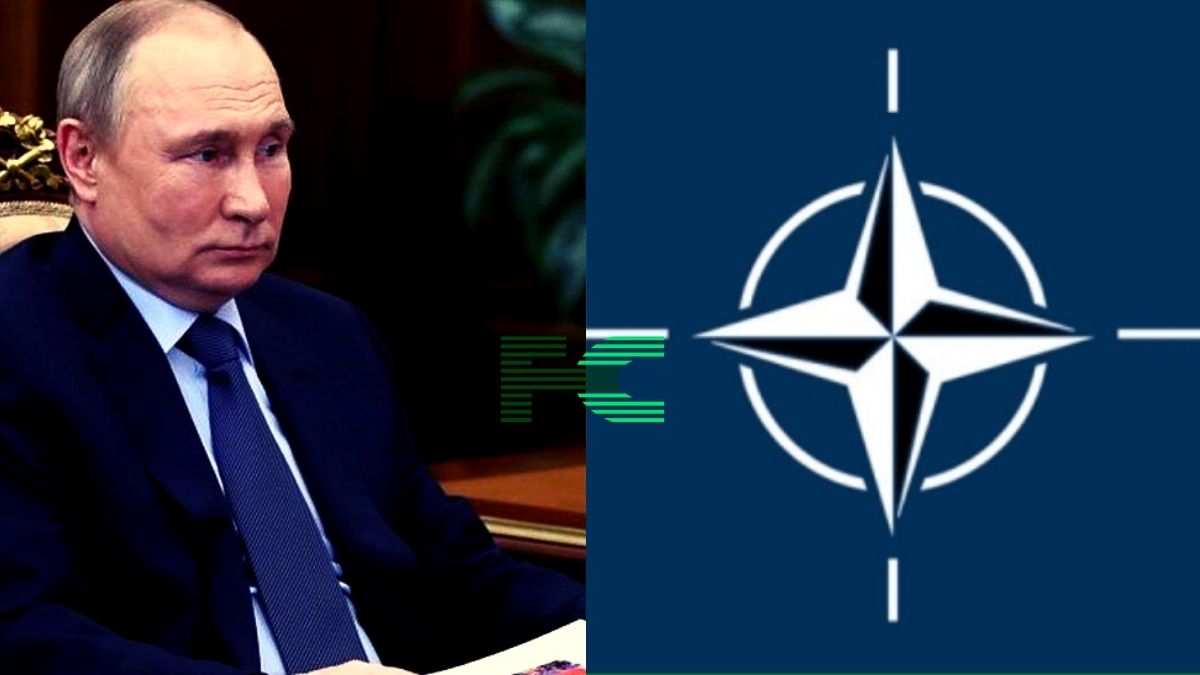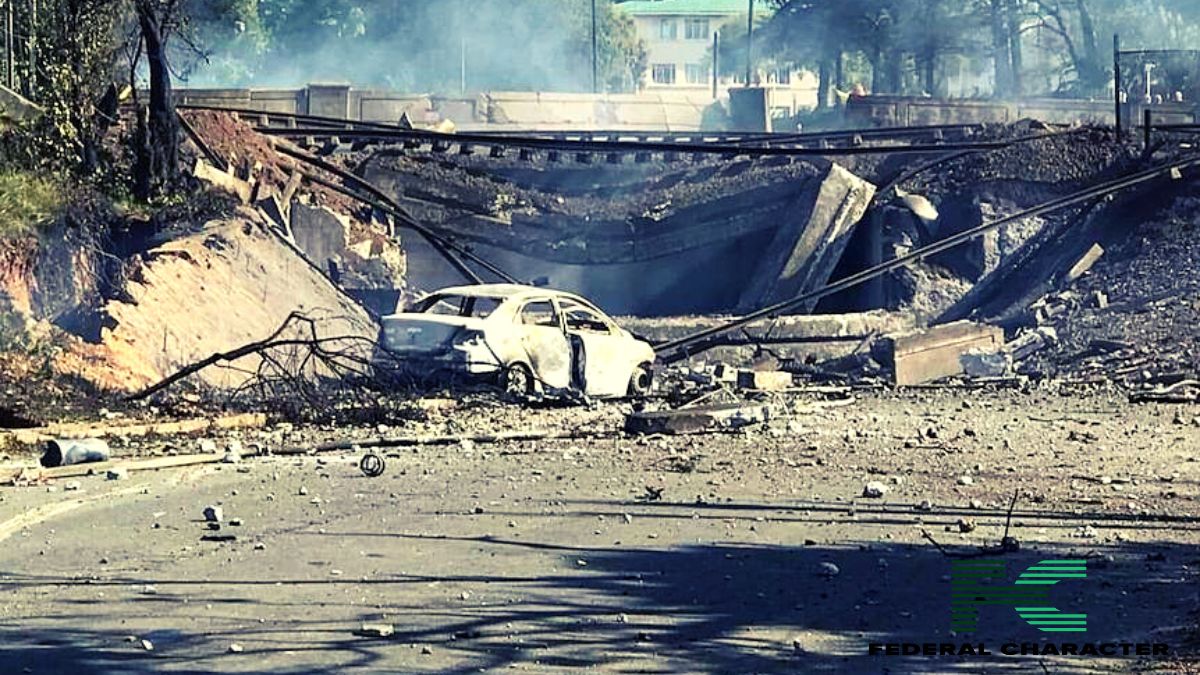Finnish Authorities currently are investigating a broken fibre-optic cable after two separate cuts caused a power outage that is now affecting thousands of households.
According to the Swedish government, it was suspected an act of “sabotage” on the cable which links the two countries, but Finnish police have said they did not yet have reason to suspect criminal activity.
One of the cuts has been fixed, while repairs continue on the other one, according to Nordic telecoms group GlobalConnect.
Meanwhile, at least 6,000 households were reportedly affected by the cable cuts in Finland. Swedish users had however, remained unaffected.

In recent weeks, there have been several cases of suspected infrastructure sabotage in the Baltic Sea region.
A Swedish Civil Defence Minister Carl-Oskar Bohlin had even released a statement that read; “Due to the circumstances surrounding what happened, sabotage is suspected.”
In addition, Finland’s Minister of Transport and Communications Lulu Ranne took to social media platform, X to say:
“The authorities are investigating the matter together with the company. We take the situation seriously.”
The period since Russia’s full-blown invasion of Ukraine in February 2022 has witnessed increased tension in the Baltic Sea and a number of incidents involving damage to undersea infrastructure.
Sweden has already formally asked China to co-operate with an investigation into the damage to two cables in the Baltic Sea last month.
The cables – one linking Sweden to Lithuania and the other between Finland and Germany – were damaged in Swedish territorial waters in the Baltic Sea on 17 and 18 November respectively, and a Chinese ship, the Yi Peng Three, is believed to have been in the area at the time has since been anchored in international waters off Denmark for the time being.
International cooperation is necessary for addressing transnational issues like undersea cable damage, its effectiveness is dependent on multiple factors, including diplomatic relations, transparency, legal frameworks, technical capabilities, historical precedents, and broader geopolitical dynamics. The success of Sweden’s request for China’s cooperation will greatly depend on how these factors are managed and negotiated by both parties.
Note however, that international investigations often face legal and jurisdictional challenges, and determining which country’s laws apply and how to enforce them can be complicated, particularly when incidents occur in international waters or involve multiple jurisdictions.

















